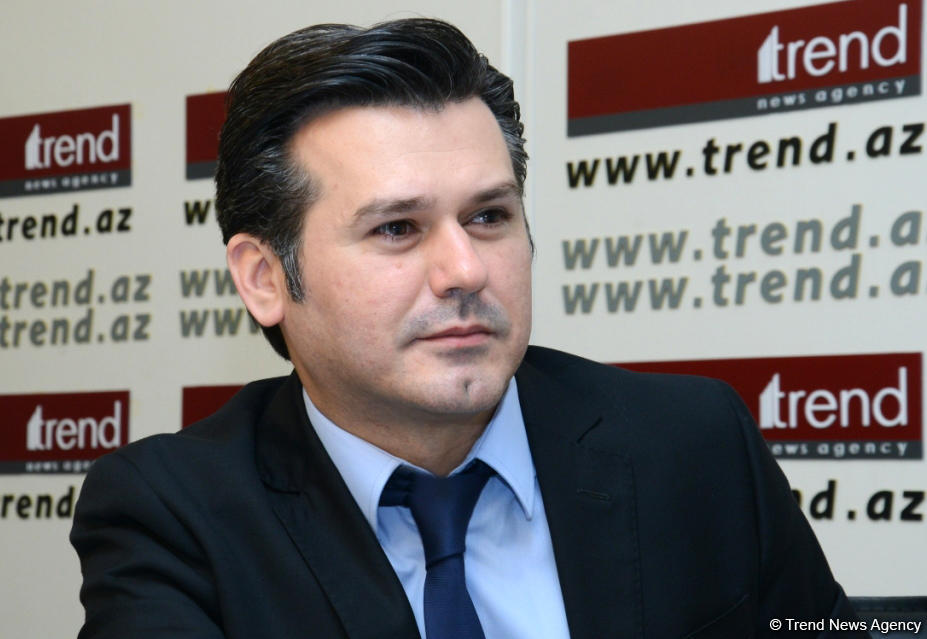Baku, Azerbaijan, June 2
By Rufiz Hafizoglu – Trend:
Russian President Vladimir Putin has made a statement that Moscow is ready to sell S-400 long-range air defense missile systems to Ankara and the localization of these systems’ production in Turkey will depend on preparedness of the Turkish industry. But President Putin’s statement was not news to Turkey.
The issue of supplying S-400 system to Turkey was repeatedly discussed in late 2016 and early 2017, as well as during the meetings between President Putin and his Turkish counterpart Recep Tayyip Erdogan.
S-400 went into service in Russia in 2007. It is capable of destroying all existing aerial targets.
Commenting on the issue, a military source from the Turkish General Staff told Trend that Ankara is not in a rush to acquire Russia’s S-400 system. According to the source, the issue of acquiring S-400 system should be thoroughly examined.
“The main priority for Turkey now is to strengthen its own military industry,” the source said.
In fact, despite Russian weapons are more advanced than Turkish ones in a number of parameters, Turkey still intends to put maximum effort to develop its domestic defense industry.
According to the official data, Turkey’s dependence on external supplies of military equipment is 40 percent in 2017. For comparison, a few years ago, Turkey’s dependence on external supplies of military equipment was 80 percent.
At the same time, Russia is not the only country ready to sell air defense systems to Turkey. Turkey announced the results of a tender to purchase 12 long-range air defense systems in October 2013. The winner of the tender was China Precision Machinery Import-Export Corporation with its HQ-9 anti-aircraft missile systems.
Besides the Chinese corporation, the US consortium of Raytheon Co. and Lockheed Martin, European Eurosam, as well as Russia’s state-controlled special arms exporter Rosoboronexport also participated in the tender.
The US and NATO tried to block the participation of the China Precision Machinery Import-Export Corporation in the tender because of the sanctions imposed on the corporation by the US because of its arms supplies to Iran. However, the Chinese corporation managed to reach a profitable deal worth several billion dollars. The US authorities informed Turkey of their concern about the country's intentions to cooperate with China in the defense sector.
Before the visit to China, Turkish President Recep Tayyip Erdogan said in May 2015 that China and Turkey are discussing the issue of producing long-range anti-aircraft missiles, which means that Turkey currently has an alternative to Russia’s long-range anti-aircraft missiles.
A number of Turkish military experts also believe that Ankara will unlikely acquire the S-400 system. This is due to the problems that may arise in the process of integrating Russia’s anti-aircraft system into the NATO air defense system.
Taking into account Turkey’s realities and capabilities, it is still difficult to assert that Ankara will agree to acquire Russia’s anti-aircraft missile system.
---
Follow Rufiz Hafizoglu on Twitter: @rhafizoglu






